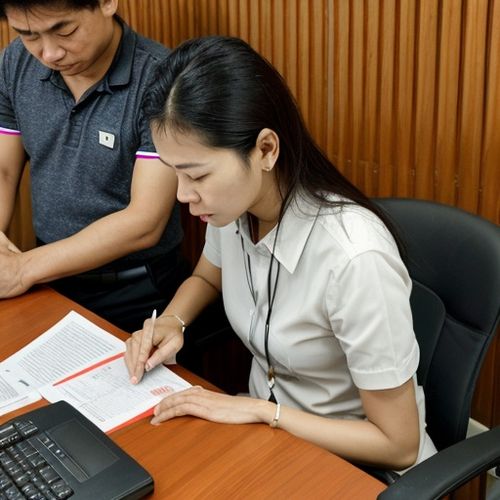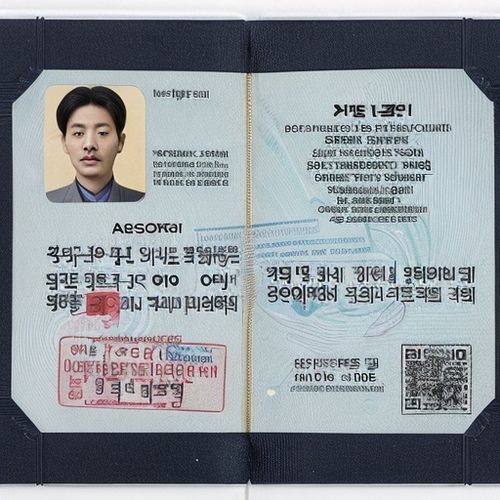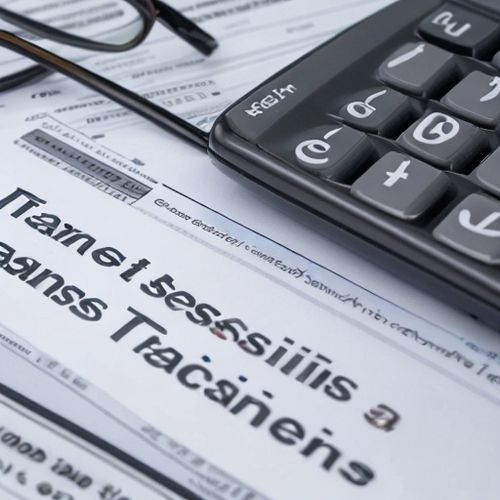For foreigners residing in Thailand for extended periods, understanding the 90-day reporting requirement is crucial to maintaining legal status. This regulation, enforced by Thai immigration authorities, mandates that any non-Thai national staying in the country for 90 consecutive days must notify their current address to the Immigration Bureau. Failure to comply can result in fines or complications with future visa applications.
The 90-day report is separate from visa extensions, though both processes are handled by the same offices. While visa extensions focus on permitting longer stays, the 90-day report serves as a residency tracking mechanism. Many expatriates initially confuse these requirements, leading to unintentional violations during their first year in Thailand.
Historical context explains why this system exists. Thailand implemented the 90-day reporting system decades ago as part of broader national security measures. During periods of regional instability, monitoring foreign residents became a priority for Thai authorities. Though the original security concerns have diminished, the procedure remains firmly entrenched in immigration protocols.
Preparation for 90-day reporting begins long before the actual due date. Foreign residents should mark their calendars precisely 90 days after either their entry into Thailand (if on a long-term visa) or their last report. The Immigration Bureau does not typically send reminders, placing responsibility squarely on individuals to track their reporting schedule.
Document requirements for the report have evolved in recent years. While policies vary slightly between different immigration offices, most require the completed TM.47 form, passport copies (including the main page, current visa, and latest entry stamp), and sometimes proof of residence. Some offices now accept online submissions, while others still mandate in-person appearances.
The physical process at immigration offices often tests patience. Arriving early morning doesn't guarantee quick service, as queues form before opening. Many expats describe the experience as bureaucratic theater - hours of waiting for minutes of actual processing. Yet this ritual remains an unavoidable aspect of Thai residency for foreigners.
Bangkok's Chaeng Wattana immigration center handles the highest volume of reports nationally. Its systems have become relatively efficient compared to provincial offices, though peak periods around holidays still create bottlenecks. Regional offices often move slower but with less crowding, creating a trade-off between travel distance and processing time.
Technological adoption has been uneven across the reporting system. While the online reporting portal theoretically simplifies the process, many users encounter technical glitches or unclear error messages. Those who succeed in submitting online often wait weeks for confirmation, creating anxiety about whether their report was actually received and processed.
Late reporting carries financial consequences. The standard fine for missing the deadline is 2,000 baht, though some offices may show leniency for first-time offenders with reasonable explanations. Persistent failures to report can trigger more severe penalties, including potential visa revocation in extreme cases.
Special circumstances complicate some reporting situations. Foreigners who travel internationally before their 90-day deadline must understand that the clock resets upon re-entry to Thailand. This creates confusion for frequent travelers who assume their reporting date remains fixed regardless of border crossings.
Married couples and families face unique reporting challenges. While spouses can sometimes file reports for each other with proper documentation, the rules aren't uniformly applied across immigration offices. Parents must file separate reports for minor children, a requirement that surprises many foreign families.
Retirement visa holders represent a significant portion of 90-day reporters. Thailand's popular retirement visa program brings thousands of elderly foreigners to the country annually. For these long-term residents, the 90-day report becomes a quarterly ritual spanning years or even decades of residency.
Language barriers exacerbate reporting difficulties. While major immigration offices employ some English-speaking staff, smaller regional offices often don't. Many expatriates rely on translation apps or bilingual friends to navigate the process, sometimes resulting in miscommunications about required documents or procedures.
The COVID-19 pandemic temporarily altered reporting requirements. During lockdown periods, the Immigration Bureau extended deadlines and waived penalties. These emergency measures have since been rescinded, though they demonstrated the system's capacity for flexibility during crises.
Legal assistance services have emerged to help foreigners with reporting. For a fee, visa agencies will handle the entire process - from document preparation to standing in line. While convenient, this option makes residency more expensive and doesn't fully absolve individuals of responsibility if errors occur.
Cultural attitudes shape how different nationalities approach the requirement. Western expats often view the 90-day report as bureaucratic redundancy, while Asian immigrants typically accept it as standard procedure. These differing perspectives influence compliance rates and stress levels surrounding the process.
Looking ahead, potential reforms could modernize the system. Biometric identification, mobile app integration, and automated reminders have been discussed for years. However, Thailand's bureaucracy moves slowly, and expatriates shouldn't expect radical changes to the reporting process in the immediate future.
For now, the 90-day report remains an immutable fact of life for Thailand's foreign residents. Its inconveniences are balanced against the country's many attractions that draw people to live there. Those who approach the requirement with preparation and patience find it becomes just another routine of expatriate life in the Land of Smiles.

By Victoria Gonzalez/Apr 14, 2025

By Samuel Cooper/Apr 14, 2025

By William Miller/Apr 14, 2025

By Emma Thompson/Apr 14, 2025

By Lily Simpson/Apr 14, 2025

By Emily Johnson/Apr 14, 2025

By George Bailey/Apr 14, 2025

By Sarah Davis/Apr 14, 2025

By Grace Cox/Apr 14, 2025

By Natalie Campbell/Apr 14, 2025

By Christopher Harris/Apr 14, 2025

By Rebecca Stewart/Apr 14, 2025

By Joshua Howard/Apr 14, 2025

By Jessica Lee/Apr 14, 2025

By Eric Ward/Apr 14, 2025

By Lily Simpson/Apr 14, 2025

By William Miller/Apr 14, 2025

By Olivia Reed/Apr 14, 2025

By William Miller/Apr 14, 2025